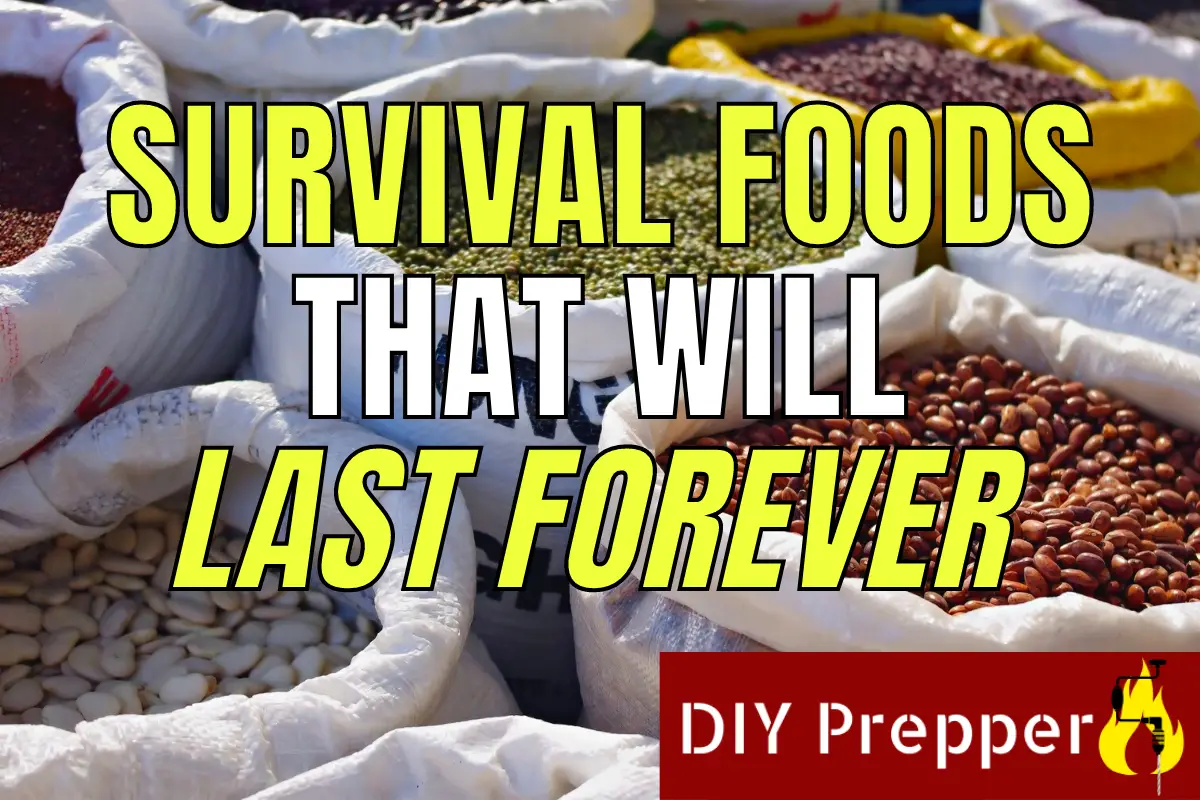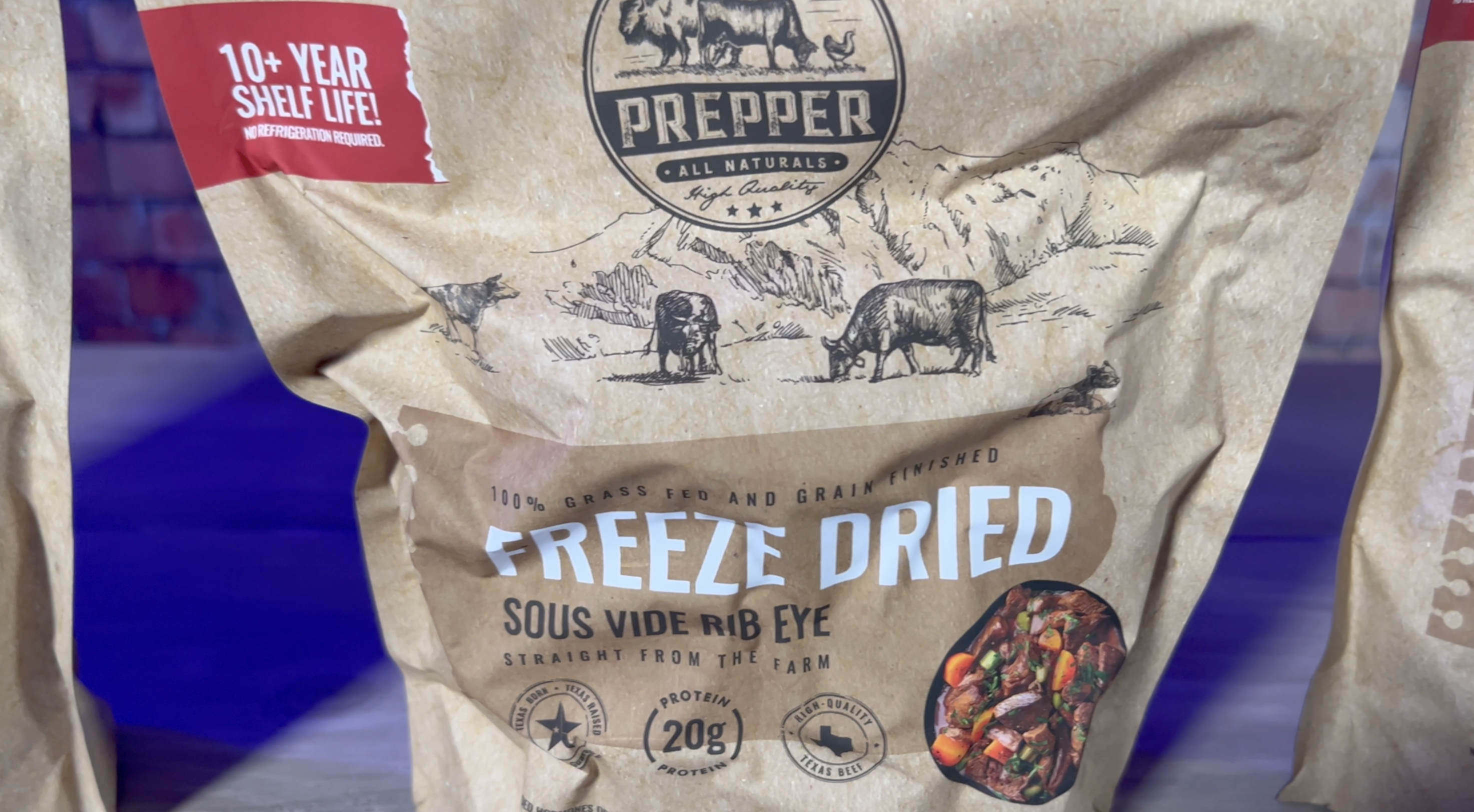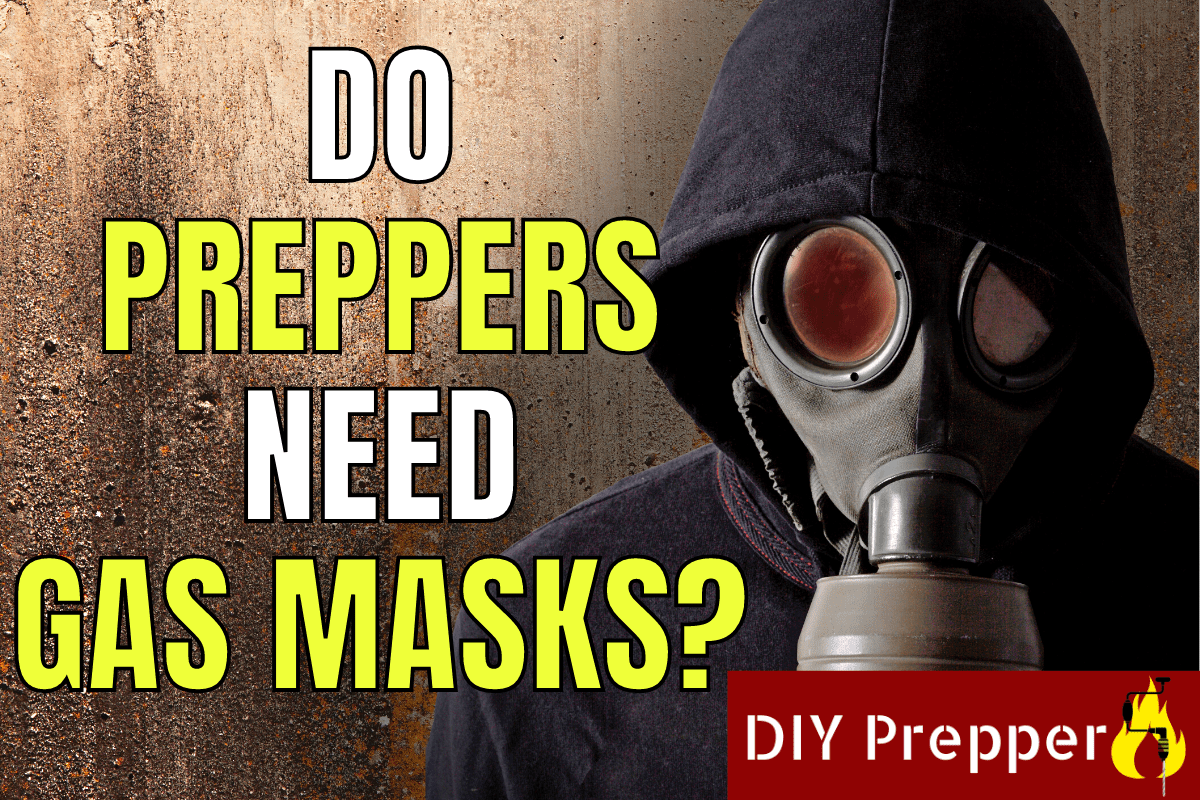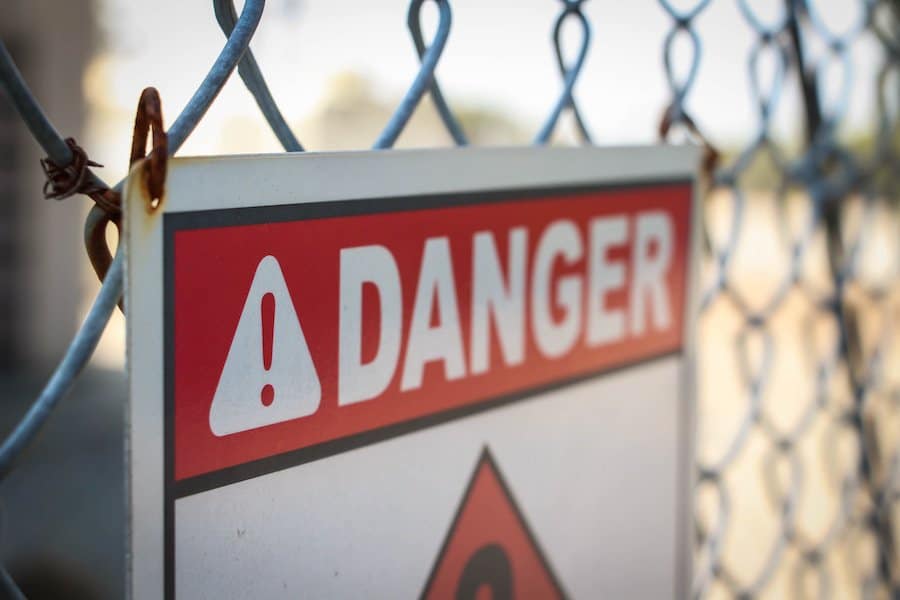What are the Best Jobs for Preppers?
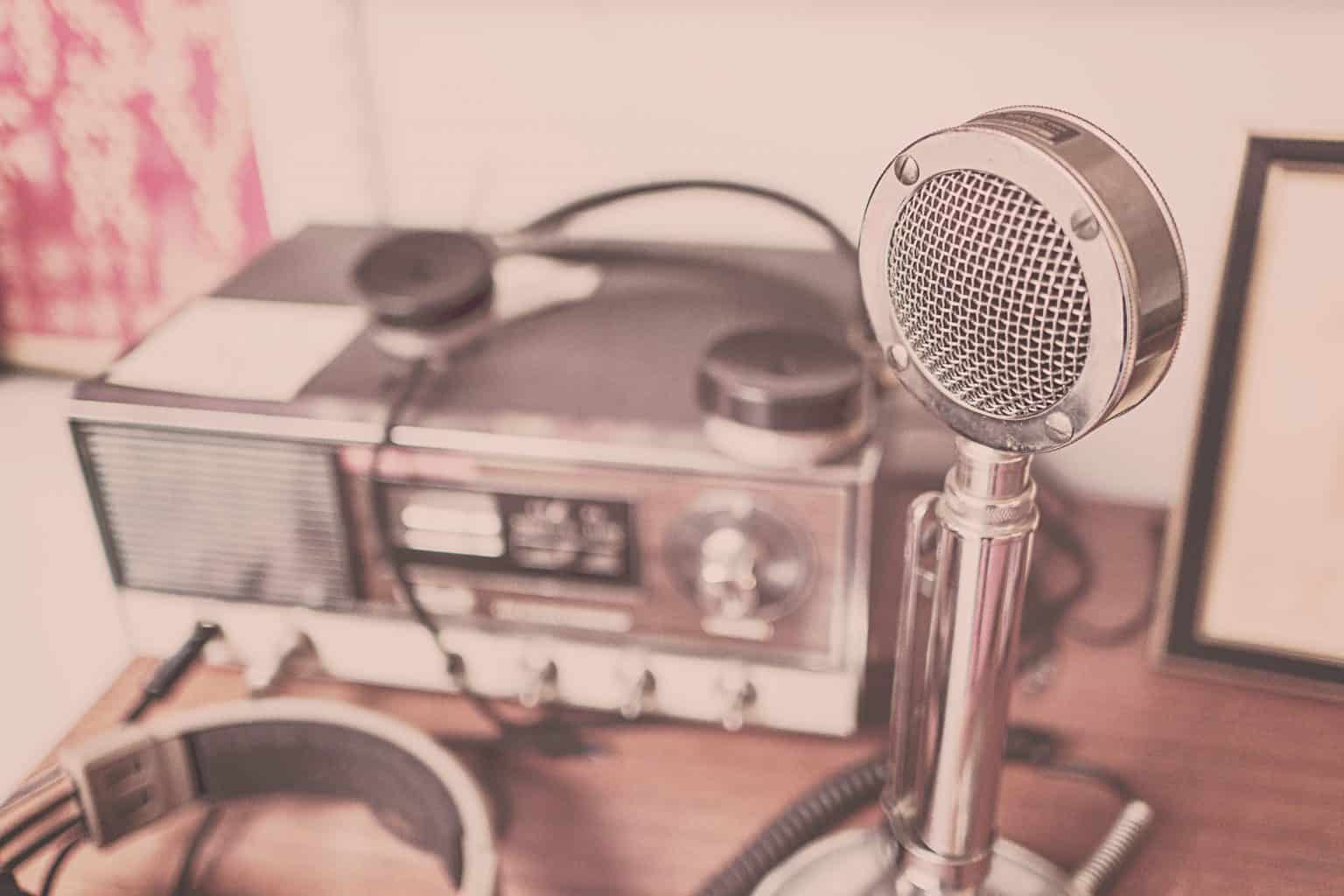
A person’s job is one of the most important parts of their lives. Most of our waking hours are spent at our jobs and they provide us with money to feed our families and put a roof over our heads. If you are a prepper, the job you choose is even more important.
The best jobs for preppers are those that will allow them to make a good living before a disaster and give them a valuable skillset to use after one takes place. Many of these jobs involve medicine or agriculture, however, there are many other good jobs for preppers as well.
Below are 45 of the best jobs for preppers. Most of them will allow you to make a living today and after a disaster. However, some of the jobs listed will be more well-suited for life before a disaster while others will be better after.
Farmer
Farmers are the backbone of our modern society. They are responsible for feeding virtually everyone on the planet. Different types of farmers grow produce, while others raise various types of animals. This could be for consumption or other purposes such as producing milk, hides, or wool.
Being a farmer is a good job to have before a disaster and is one of the best that you could have after. This is especially true if you own your own land. Landowners who also own livestock or crops are some of the wealthiest people in certain societies. That is true even today among tribal people such as the Maasai in Kenya.
While owning a ranch and having a crew to run it would be awesome, you could still make your way as a farmer with less land and cattle. Smaller animals, such as chicken and rabbits, don’t require as much land to raise. They also reproduce much faster than larger livestock, and chickens have the added benefit of providing eggs.
Nursery Owner
Most nurseries sell landscaping plants, such as flowers, to businesses and individuals. However, they could be repurposed to grow medicinal herbs and spices. Those types of plants would be in high demand, making them extremely valuable.
Beekeeper
Honey has been a delicacy for millennia and it is a superfood as well. Knowing how to keep bees and process the honey they produce is an excellent skill to have. By doing this, you would be able to provide food for your family and trade the rest for other supplies.
Meat Processor
Being able to process and preserve meat is a valuable skill today and would be an essential skill during a long-term emergency. Being able to butcher, smoke and salt meat are skills that most people don’t have that they would probably be willing to pay for.
Meat processors could make themselves even more valuable by being able to preserve other types of food as well. Having knowledge of canning and pickling would give them another skill to trade.
Hunter/Trapper
Skilled hunters and trappers would be in high demand during a long-term disaster. They will be able to find and harvest animals for food as well as their hides. This could be done with firearms, archery equipment, or various types of traps. People who have worked as local hunting guides would be those most likely to transition into this role after a collapse.
Fisherman
Fishermen are another group of people that would be able to continue their current career if a wide-spread disaster were to take place. The way they perform their job would probably change drastically, however, fishermen have been around for millennia. Having a boat and nets would be valuable since they would allow a fisherman to catch many fish at once.
Medical Personnel

Modern medicine has allowed us to enjoy longer, healthier lives. Many of the people involved in the medical industry make a very good living. This is especially true for physicians and surgeons but is also true for other roles as well.
Medical personnel of all types are in high demand during emergencies. This will be even more true in one that is long-term. People will continue to fall ill and get injured, and they will be desperate for any medical help that they can find. Failure to do so could result in death or debilitation from even relatively “normal” illnesses or injuries.
Because of this, it is best for people in medicine to quickly join a group of people that they can trust after an emergency. Since their skills are so valuable, they could become the target of kidnappings.
Veterinarian
People aren’t the only creatures that need medical attention. Veterinarians make excellent money and their services will always be needed. While today most vets make their living primarily treating pets, after a disaster, they will likely do most of their work treating beasts of burden and livestock.
Because of this, the most valuable vets after an emergency would be those that have extensive experience treating animals such as horses and cattle.
Pharmacist/Apothecary
Pharmacists are responsible for formulating and distributing medications. They earn a good living providing them to doctors, veterinarians, and patients. However, during a long-term emergency, pharmacists could reinvent themselves as apothecaries.
To be able to do this, a pharmacist would need to have extensive knowledge of medicinal herbs and the ailments that they treat. They could work together with doctors and other medical personnel to help their community stay healthy.
Law Enforcement
Another good job for preppers to have is law enforcement. You will get experience dealing with stressful situations, and in some cases, advanced weapons training (SWAT).
One good thing about being in law enforcement is that you will be on the inside of any local disaster response. You may also have advance knowledge of actions that will be taken by state or national agencies. This could help you know if you need to leave and do so before it is too late.
Being a sheriff would probably be one of the best jobs for a prepper to have. It is a high-profile position that allows you to have inside knowledge and influence with people in power. After a disaster, sheriffs who enjoy public support would probably be one of the best people to help reorganize communities and reestablish order.
Truck Driver
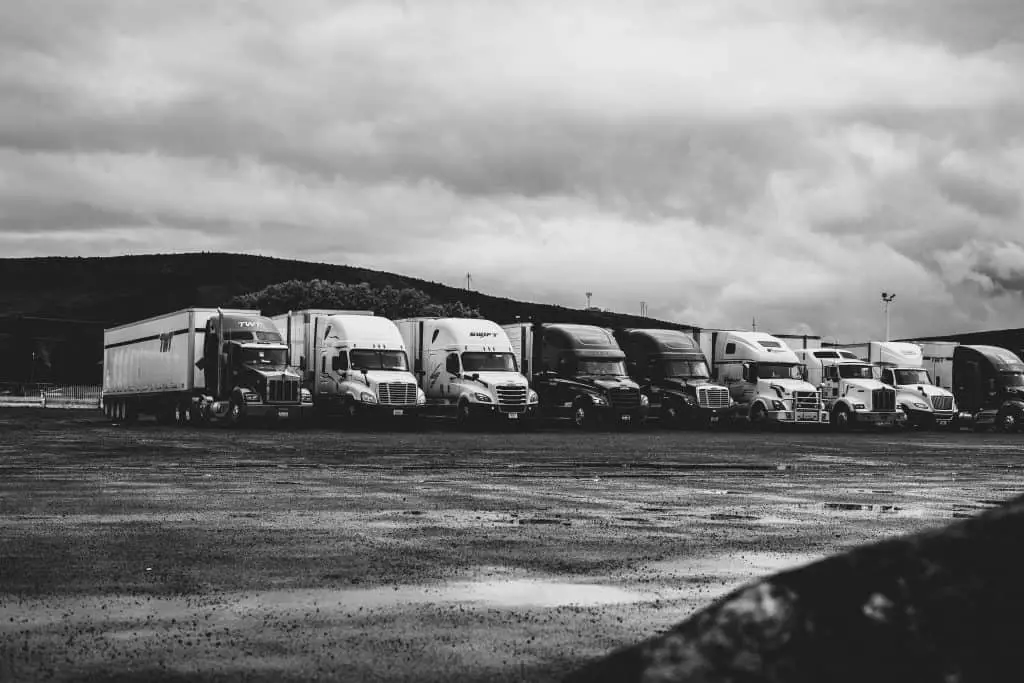
If you are a truck driver, especially one that owns their own rig, you can make a good living today and could provide an invaluable service after a disaster. When society starts to recover, you will be one of the first people to get back to work. Depending on the type of disaster, you may never go without a paycheck.
Even in a prolonged emergency, your services would still be useful. If you are able to secure fuel for your truck, you could bring much-needed supplies to people. Since few people would be able to do this, you would probably be handsomely rewarded for your efforts. However, since the work will likely be dangerous, you will definitely earn your paycheck. It would probably best to travel as a group with a security support team if society has broken down.
*Note: If things get really bad and keeping a truck running is impossible, using other forms of transportation could still allow someone to make a living. Old-time horses and buggies could be used to transport goods over short and long distances.
Soldier
Soldiers, particularly those with advanced combat and survival training, will be in high demand after an emergency. Communities, families, merchants, and others will require protection, and people with advanced tactical training will be in high demand. They could help implement strategic plans, train others, and provide leadership during combat.
In addition to protecting their communities, soldiers would also be some of the best people to go out and gather information for them. They could also protect people as they travel from one area to another.
Leaders
People are social creatures, and as such, require a well-developed social structure to thrive. Today’s leaders are people such as mayors and prominent businesspeople. Those same people will likely continue to be leaders in their community as it recovers from a disaster. This could be because they want to help their community and for personal reasons as well. The healthier their home is, the more prosperous they will be personally.
Gunsmith
Guns are an important part of many people’s lives today and will be essential tools if a world-changing disaster took place. Like car owners, most gun owners have no idea how their firearms work. Because of this, gunsmiths will be in high demand.
A gunsmith who can replicate broken parts, including springs, would be extremely valuable. A post-disaster gunsmith should also be able to reload ammunition and produce gunpowder.
Blacksmith
While gunsmiths work on guns, blacksmiths work on pretty much everything else made of metal. They can produce and repair tools and bladed weapons using raw materials. They could also use their skills to become artisans.
Farrier
A farrier is a specialized craftsman who shoes horses’ hooves. However, this is not just a matter of nailing shoes to a horse’s hooves. Farriers are responsible for trimming the animal’s hooves as well as shaping and sizing the shoes appropriately. Because of this, they need to have blacksmithing skills and a great amount of knowledge about horses.
Farriers can make a very good living as well. According to The Farrier Guide, the average salary for a full-time farrier is over $92,000.
Tinsmith
While blacksmiths work with steel and iron, tinsmiths work with lighter-duty materials, such as tin. They produce small items such as pans as well as larger ones, such as roofing materials.
Merchant
If you own a popular local store, you could turn it into a trading post after a disaster. Although what you sell will be vastly different, you could use your store to give locals a place to sell their goods. You could help people provide for their families and profit from it as well. Your biggest challenges will be finding suppliers and keeping your wares safe from thieves.
Teachers
I was a teacher for 8 years. Because of this, I know that while teachers don’t get nearly the respect they deserve, it usually isn’t too hard to find at least some type of work in education. While it may be a challenge during tough economic times, there is almost always something available, even if it is just subbing.
After a disaster, educators will still be able to provide value to their communities and likely provide for themselves in the process. Although they will likely be teaching different material than what they were before, people will still want their children to learn skills, especially those that will help them in the new world that they find themselves in.
Clergy

It is not uncommon for people to turn to their faith during tough times. This is likely to be the case if a world-changing disaster takes place.
Historically, clergy have been some of the most revered, and in some cases, the most wealthy members of their societies. (Think about the power that the Pope had over European kings and queens in the middle ages.) However, it is far more likely that individual clergy members would make a modest living and possibly need to provide other services as well.
Mortician (Undertaker)
Death is a sad fact of life. Because of this, there will always be a demand for those who can help people put their loved ones to rest. In today’s world, morticians and funeral workers provide these services. In a prolonged emergency, people in those professions could reinvent themselves as undertakers.
Carpenters
If you are a handyman or carpenter, you have a valuable skillset that you can use today or in various types of emergency situations. Carpenters can build various types of structures, ranging from furniture to entire buildings. They would be called upon to repair existing structures and build new ones.
Sawyer
Carpenters, unless they do it themselves, will need for someone to supply them with wood. Sawyers will be responsible for harvesting wood and processing it into boards to be used for building structures such as buildings and fences.
Utility Workers
Anyone who knows how to repair utilities will be put back to work very quickly when recovery begins after a disaster. While most people think of electrical linesmen, those who maintain water utilities and other services would be in high demand as well. People with these skills will be vital to rebuilding infrastructure so civilization can get back on its feet.
Electrician
People are just starting to realize how lucrative a job in the trades can be, and being an electrician may be one of the best ones to have. Electricians can make a very good living and possess an incredibly useful knowledge base. Even if all the lights do go out, people will do pretty much anything to get them turned back on.
During a long-term emergency, electricians would be valuable to help people set up new electrical systems and repair old ones. This is especially true if they have experience working with solar and other renewable energy sources. They would also be able to repurpose electronics and other equipment for other uses.
Mechanics
Much like electricity, people will find a way to resurrect the machines that have made their lives easier. Mechanics know how to fix these items, allowing them to make a good living today and have a marketable skill if a collapse were to take place.
Gasoline will be hard to come by, making gas engines obsolete, at least until refineries come back online. However, diesel engines will still be usable as long as someone nearby knows how to produce biodiesel. Because of this, diesel mechanics would probably be the ones with the most relevant experience. That is why I am so thrilled that my sister is dating a diesel mechanic.
Biodiesel Producer
Diesel engines will require fuel to operate. Anyone who has the knowledge and equipment needed to produce that fuel would be incredibly valuable. They could use that skill to trade for food and other necessary items.
Masons

Modern buildings are constructed of various types of materials, and very few of them are entirely natural. Because of this, we will need to resort to older methods of construction that rely on natural materials. Masons will be vital for this.
Masons use natural stone, bricks, and concrete to build various structures. It is highly-skilled labor, making those who know how to do it valuable.
Brick Makers
Brick making is a valuable skill for a prepper to have. They will be able to produce bricks out of natural materials. Those bricks can be sold to masons, carpenters, or anyone else who needs them.
Engineers
Engineers design the infrastructure and machines that make our everyday lives possible. They will also be needed to rebuild it should a wide-spread disaster wreck everything. Engineers work in many different fields, including construction, chemicals, and many many more.
They will be essential to rebuilding things such as roads and electrical systems. They will also need to design equipment that can be built without the worldwide supply chain that we enjoy today.
Water Hauler
Water is essential to sustaining life, which makes it a valuable resource. Today we can walk into our kitchen, turn on a faucet, and water comes out immediately. However, certain disasters could make this a thing of the past.
If we lose our modern water infrastructure some cities and towns would quickly become deserted. Those that remain would need people to bring water from lakes, rivers, and creeks to where it could be used by the community. Someone with a horse, buggy, and barrels could make a decent living providing this service.
Sanitation
One of the most important jobs during a long-term emergency will be keeping communities clean. Failure to do so will result in disease running rampant, causing widespread death and misery. When communities begin to recover they will almost certainly put people to work keeping the town clean.
Distiller
Distillers use a still to produce moonshine. Most people recognize this as the drink hillbillies use to get sloshed, however, it has other uses as well. It can be used by doctors as an effective antiseptic for cleaning wounds and medical instruments. It can also run certain types of engines.
Stills can also be used to distill water. This would be invaluable in coastal areas that don’t have a freshwater source nearby. The stills would remove the salt from the water by boiling it and collecting the salt-free condensation.
Cooper
Water haulers and others will require containers to transport liquids, grains, and other items. Coopers are skilled craftsmen that can build barrels, troughs, and other containers to hold and transport such goods.
Potter
While a cooper creates larger containers for storage, potters create smaller containers such as bowls, pitchers, and pots. A potter creates items such as these out of clay through the use of a special spinning wheel. If you ever get a chance, watching a potter create items is a real treat.
Basket Weaver
Baskets are excellent for transporting fruits, vegetables, and other small items. They are lightweight and, depending on their size, can hold quite a bit. Basket weavers could create baskets for harvesting food on land and traps to catch fish in the water.
HAM Radio Operators

Communication is one of the most important parts of our daily lives. It will be essential during the early stages of a long-term emergency and remain so throughout recovery. HAM radio operators will be responsible for most of the communication that takes place during this time.
HAM radio operators are so important that they are called upon during disasters to help when other methods of communication fall apart. Their radios can communicate with people nearby or on the other side of the planet, allowing them to relay important information wherever it is needed.
Seamstress
Being a seamstress would allow you to make a living today and provide a valuable service if a collapse were to happen. Seamstresses make and repair various types of garments. However, to do this after a disaster, they will need fabric and other items as well as equipment that can run with or without electricity.
Weaver
Once a seamstress runs out of their stored materials, they could use the services of a weaver to procure more fabric and thread or do this themselves. Weavers take natural materials, such as wool and cotton, and turn them into different types of fabric and thread.
Leather Crafter
People have been using leather to produce clothing and gear for millennia, and that is unlikely to change. That is true whether a large-scale disaster happens or not. Leather crafters could obtain hides from local farmers and turn them into clothing, belts, saddles, sheaths, holsters, and many other items. They could earn a living selling them to members of their community.
Ropemaker
Ropes and other cordage allow us to secure loads and move large items. A ropemaker will be able to create ropes out of natural materials. They would make different types of ropes to suit different needs.
Cobbler
A cobbler isn’t someone who makes blueberry or peach cobbler. They make and repair shoes, boots, and other types of footwear. Before our shoes were mass-produced Crocs and Jordans, each pair was made by a skilled craftsman. If a long-term emergency were to occur, a good cobbler would be an essential member of a community. Today’s cobblers produce fine and repair fine custom shoes and boots.
Wheelwright
Wheelwrights are responsible for building and repairing wheels on wagons, carts, and other equipment. This would be an especially useful skill to have in the event that mankind takes longer than expected to get its technology up and running again.
Soap Maker
Cleanliness is next to godliness, and soap definitely helps. If you have ever been to a fancy boutique or similar shop, you may have noticed some hand-crafted bars of soap. The people that made them would probably be able to continue their work in some capacity during a collapse.
The first reason that soap makers will be able to find work is that soap is necessary for good hygiene. Second, soap, particularly if it is scented, is a luxury item. People will be desperate for anything that resembles “normal” after a disaster, making soap a valuable barter item.
Candlemaker
If the electricity goes out, people will still need a way to keep their homes lit at night. They will likely turn to candle makers. A candlemaker will be able to produce candles out of natural materials and sell them for profit.
Financial Advisor
Okay, so I admit this last one may seem a little bit odd. It is also a job that is far better to have before a widespread disaster or collapse. Financial advisors, many times, have extensive knowledge of the economy. This will allow them to know the difference between normal ups and downs or if things are headed in a really bad direction. They can also make a very good living, which could give them more resources to put towards preps. Someone with this job would do well to have additional skills that they could use after a disaster.

